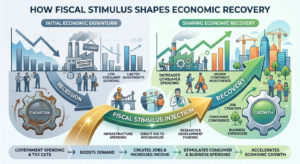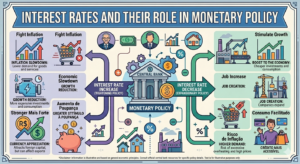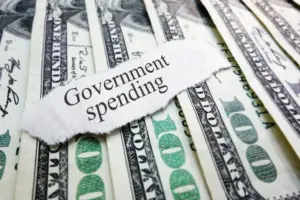Budgeting is one of the most important financial skills you can develop. It allows you to take control of your money, reduce stress, and achieve your financial goals. Whether you’re saving for a major purchase, paying off debt, or simply trying to make ends meet, a well-planned budget can help you manage your finances with confidence.
This guide explores the importance of budgeting, different budgeting methods, and practical tips to help you stay on track.
Why Budgeting Matters
Many people feel like they never have enough money, regardless of their income level. The problem often isn’t how much money they make but how they manage it. A budget helps you:
- Track your income and expenses
- Avoid overspending and unnecessary debt
- Save for short-term and long-term goals
- Reduce financial stress and gain peace of mind
Without a budget, it’s easy to spend impulsively and struggle with financial instability. With a budget, you gain control and clarity over your finances.
Step 1: Know Your Income and Expenses
Before creating a budget, you need a clear understanding of your financial situation.
Calculate Your Income
List all sources of income, including:
- Salary or wages
- Side hustle earnings
- Rental income
- Investments or dividends
Track Your Expenses
Identify all monthly expenses and categorize them:
- Fixed Expenses (Necessities): Rent/mortgage, utilities, groceries, insurance, transportation
- Variable Expenses (Wants): Dining out, shopping, entertainment, subscriptions
Tracking your expenses for at least a month will help you understand your spending habits and identify areas where you can cut back.
Step 2: Choose a Budgeting Method
There is no single best way to budget. The right method depends on your financial goals and spending habits.
1. The 50/30/20 Rule
A simple and effective approach:
- 50% for needs (rent, food, utilities, insurance)
- 30% for wants (entertainment, shopping, hobbies)
- 20% for savings and debt repayment
This method ensures that essentials are covered while allowing for flexibility.
2. Zero-Based Budgeting
With this method, every dollar has a purpose. At the beginning of each month, allocate all your income to expenses, savings, or investments until your budget reaches zero. This method is useful if you want strict control over your money.
3. The Envelope System
Ideal for people who tend to overspend. You withdraw cash and divide it into envelopes labeled for different spending categories such as groceries, dining out, and entertainment. Once the envelope is empty, no more spending in that category until the next month.
4. The Pay-Yourself-First Method
Instead of saving whatever is left after spending, this method prioritizes savings first. You decide on a savings goal (for example, 20% of your income) and set that amount aside before spending on anything else.
Choose the method that aligns with your financial habits and goals.
Step 3: Cut Unnecessary Expenses
Once you’ve created a budget, you may notice that you are spending too much in certain areas. Here are some ways to reduce expenses:
- Cancel unused subscriptions and memberships
- Cook at home instead of dining out frequently
- Use public transportation or carpool to save on fuel
- Avoid impulse purchases by waiting 24 hours before buying anything non-essential
Small changes can make a big difference in your overall financial health.
Step 4: Automate and Adjust Your Budget
- Automate savings and bill payments to ensure consistency
- Track progress by reviewing your budget every month and making adjustments as needed
- Set financial goals (short-term and long-term) to stay motivated
Budgeting isn’t about restriction—it’s about financial freedom. The more control you have over your money, the more opportunities you create for yourself.
Final Thoughts
Budgeting is a skill that requires discipline, planning, and flexibility. Whether you’re trying to get out of debt, save for the future, or simply manage your day-to-day expenses more effectively, a good budget is your roadmap to financial success.
Start today, stay consistent, and take control of your financial future.







